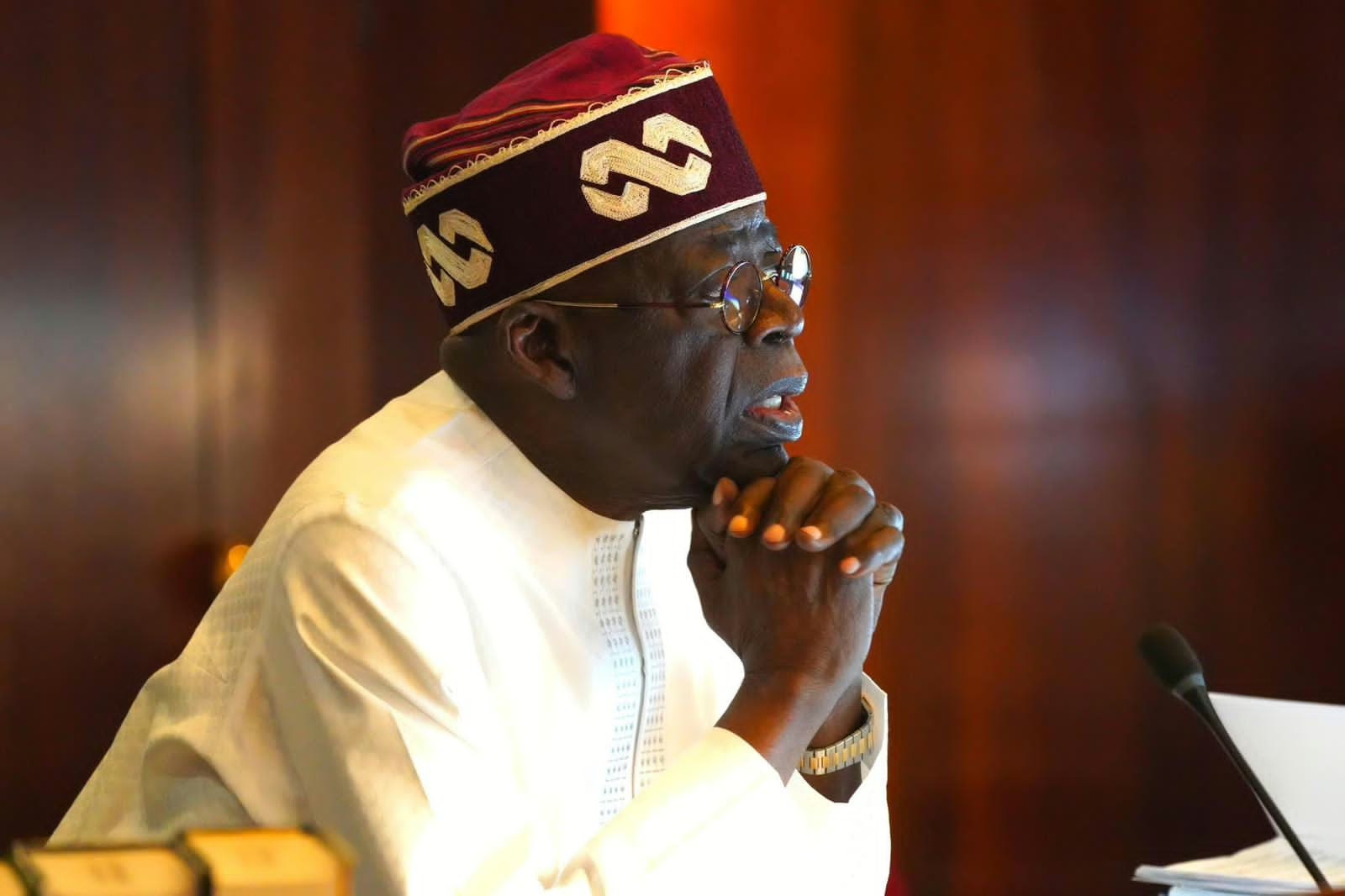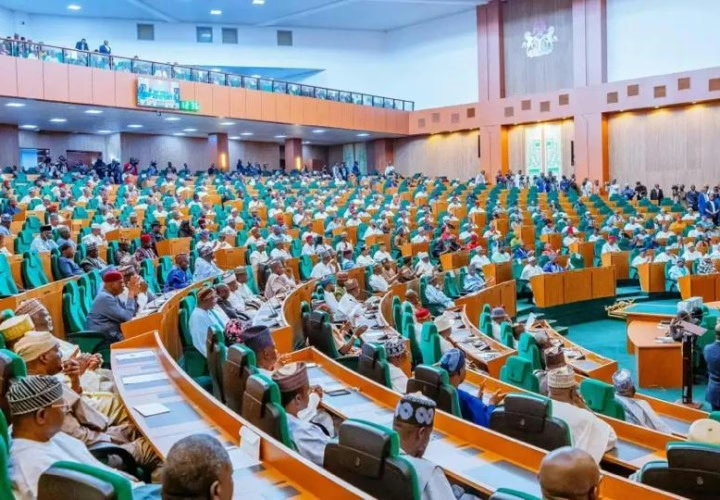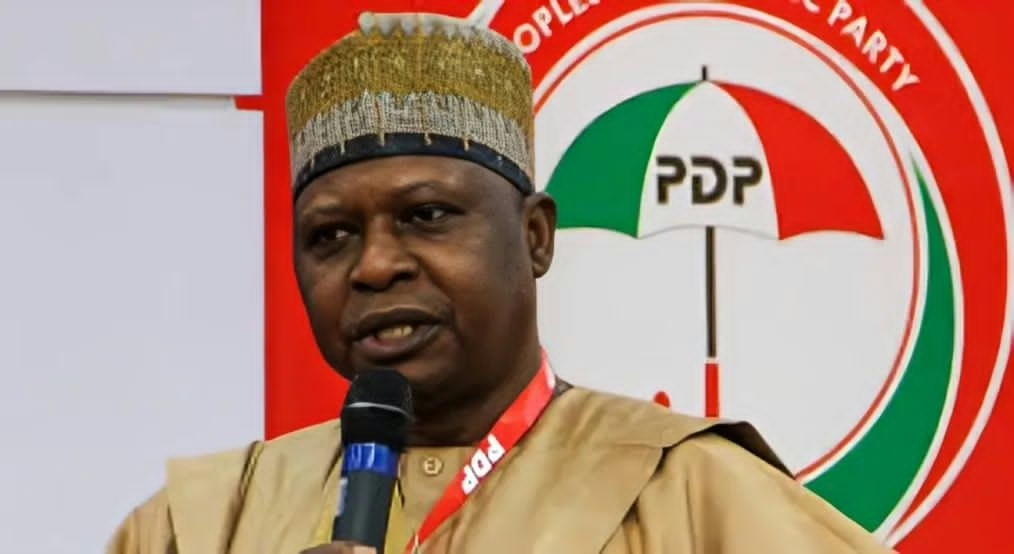By: Sunday Ameh
As Nigeria marks its 65th independence anniversary, stakeholders in the power sector have hailed the Federal Government’s signing of the new Electricity Act, describing it as a landmark step toward reforming the country’s energy industry.
They said the law has liberalised electricity generation and distribution, giving states more power to regulate their energy needs while also opening the space for private sector participation.
Speaking with the News Agency of Nigeria on Wednesday in Lagos, energy experts said the reform is already yielding positive results.
The Managing Director of MOMAS Electricity Meters Manufacturing Company Ltd., Mr. Hammed Abiodun, said the Act has encouraged the rise of Independent Power Plants (IPPs) and increased opportunities for stable and affordable power supply.
“This new Act gives state governments the authority to set up and regulate their electricity commissions. We are already seeing more states establishing independent power structures to complement the national grid. It’s a decentralisation that promotes efficiency,” Abiodun explained.
He added that states were beginning to see electricity as a source of internally generated revenue (IGR), while also driving investment in infrastructure.
“As a major Original Equipment Manufacturer in Nigeria’s power sector, MEMMCOL has continued to push for local innovation. We must deepen support for local meter manufacturers rather than rely on imports,” he said.
Similarly, Mr. Muda Yusuf, Chief Executive Officer of the Centre for the Promotion of Private Enterprise, noted that the new Act was critical in repositioning the country’s energy landscape.
According to him, the legislation, alongside initiatives like the Presidential Metering Initiative, the Distribution Sector Recovery Programme, and the National Mass Metering Programme, would help close the metering gap and improve revenue collection efficiency by distribution companies.
He also linked recent improvements in crude oil output to the bold reforms of the Tinubu administration, stressing that a “dual-track energy transition” that balances fossil fuels with renewable development is the way forward.
Yusuf, however, cautioned that resistance from entrenched interests in the downstream sector could slow progress.
“With firm political will, stakeholder collaboration, and smart investment, Nigeria can build a truly sustainable energy sector,” he said.











Leave a Reply